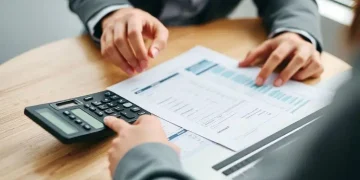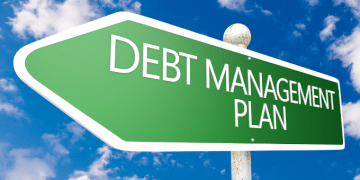The Truth About Debt Consolidation Loans in South Africa
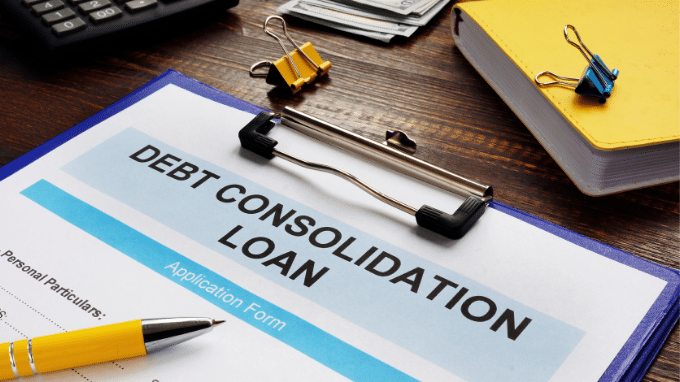
Feeling overwhelmed by too many debts pulling you in every direction?
You’re not alone.
Whether it’s store accounts, credit cards, personal loans, or all of the above, debt can feel like quicksand. The harder you try to escape, the deeper you sink.
But what if there were one solution to bring it all together?
One loan. One payment. Less chaos.
That is the promise of debt consolidation loans.
And for some South Africans, it truly delivers.
But like anything in finance, it’s not a magic fix.
So let’s break it down — what debt consolidation really is, how it works, when to use it, and when to walk away.
This is your honest guide to debt consolidation in South Africa.
Let’s get real.
What Is a Debt Consolidation Loan?
Think of it like a clean-up crew for your finances.
You take out one new loan — big enough to pay off all your smaller debts.
Instead of juggling five or six payments every month, you now only have one.
It sounds simple. Because it is.
But here’s the real benefit:
If your new loan has a lower interest rate, you’ll save money over time.
Here’s an example:
Let’s say you owe:
- R20,000 on a credit card at 22%
- R15,000 on a store account at 18%
- R25,000 on a personal loan at 20%
You’re paying over R60,000 in high-interest debt.
Now, imagine consolidating all that into one personal loan with a 13% interest rate — your total interest drops, your monthly payments become more manageable, and your life just got easier.
That’s debt management with a purpose.
Why South Africans Are Turning to Debt Consolidation Loans in 2025
With inflation pressures, rising fuel costs, and everyday living becoming more expensive, many are searching for relief.
Here’s why debt consolidation is catching attention:
-
One Monthly Payment
No more juggling five different debit orders. One payment, one due date, less stress.
-
Lower Monthly Installments
Depending on the interest rate and loan term, your monthly installment can drop significantly — giving you more breathing room.
-
Simpler Budgeting
Streamlined payments help you get serious about your budgeting tips and sticking to your spending plan.
-
Improve Your Credit Score (Over Time)
If you keep up with payments and don’t open new credit accounts, your credit score could improve over the next 6–12 months.
Read More: How Inflation Impacts Debt: A Visual Guide to Borrowing in Different Economies
But Let’s Be Honest — It’s Not All Sunshine and Savings
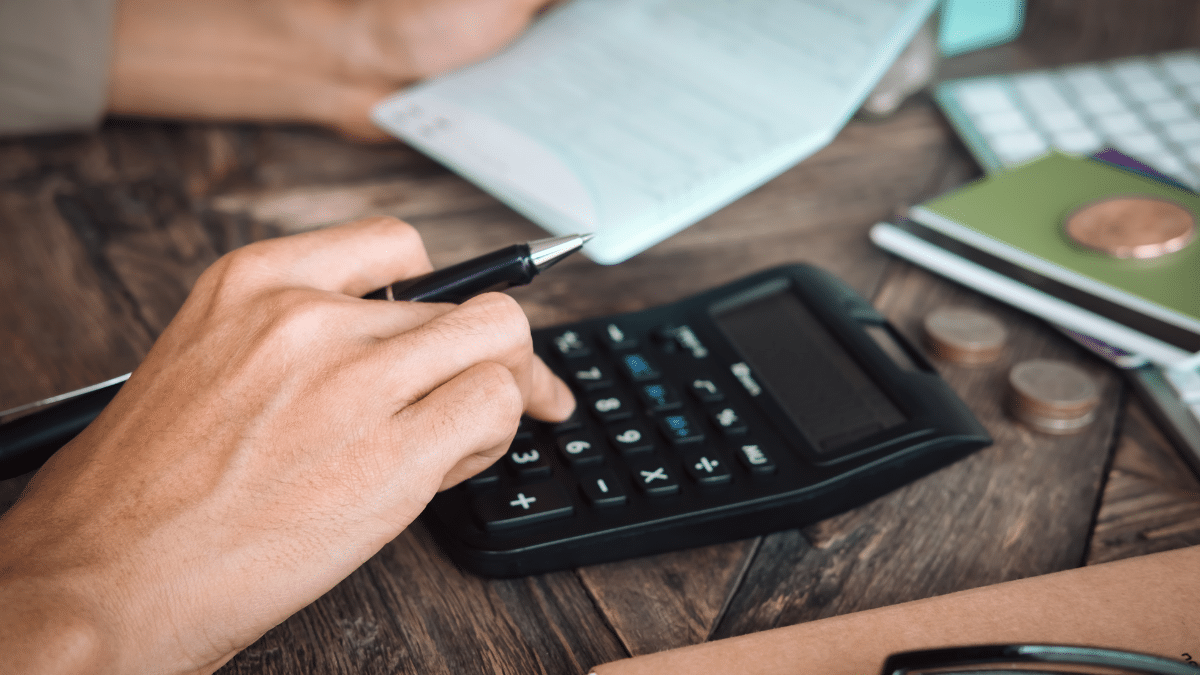
Like everything in personal finance South Africa, debt consolidation comes with risks.
You need to go in with your eyes wide open.
-
It’s Not for Everyone
If you’re already behind on your payments or over-indebted, you may not qualify for a consolidation loan.
Lenders look at:
- Your credit score
- Your income
- Your debt-to-income ratio
If any of these are weak, your chances go down — or you’ll get a very high interest rate.
-
Lower Monthly Payment ≠ Less Interest
If your new loan is over a longer term, you might end up paying more interest overall, even if your monthly payment is smaller.
Short-term pain could be better than long-term debt.
-
It Won’t Fix Bad Spending Habits
This is the big one.
Debt Consolidation Loans doesn’t work if you keep using credit.
If you pay off your cards… and then run them back up?
You’ve now got double the debt.
The solution?
Cut them up. Close them. Say goodbye.
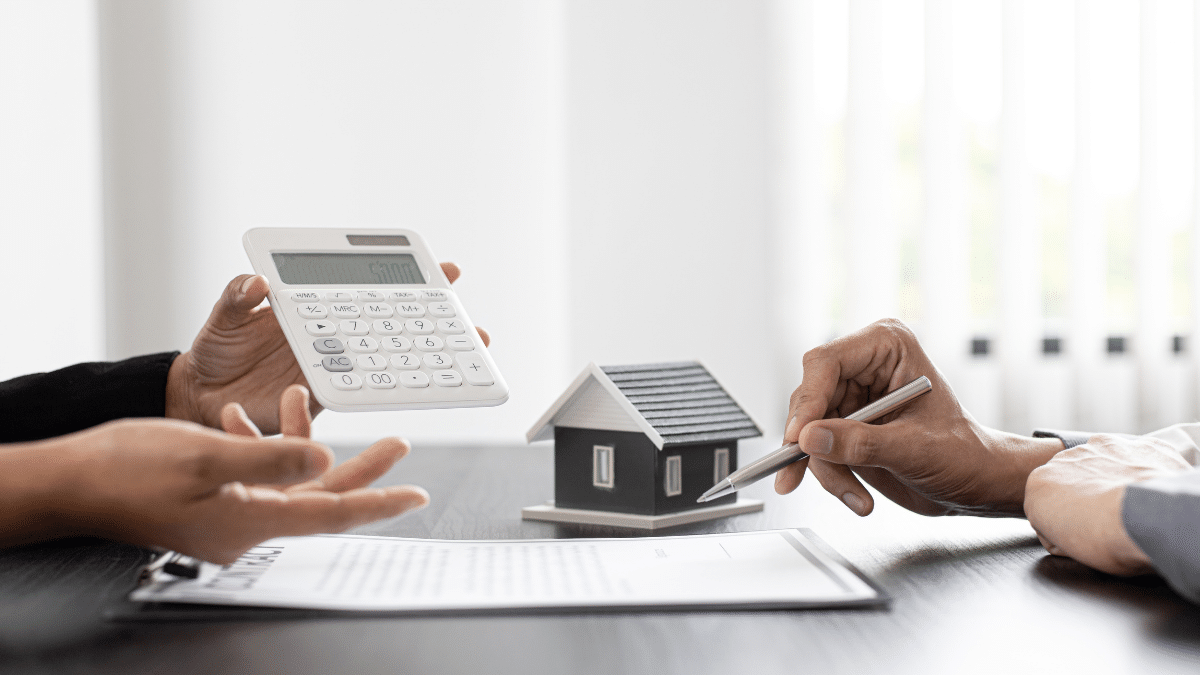
Who Should Consider Debt Consolidation?
Great question. Let’s break it down.
Debt consolidation works best if:
- You have multiple unsecured debts (credit cards, personal loans, store accounts)
- You can still afford minimum payments
- You have a decent credit score
- You’re committed to not taking on more debt
- You want to simplify your financial life
But if you’re behind on payments, facing legal action, or relying on credit to survive — it may be time to speak to a debt counsellor instead.
Debt counselling is a legal process in South Africa that helps over-indebted consumers restructure repayments through the courts. It’s a key part of debt management for those in deep financial distress.
How to Use Debt Consolidation Loans the Right Way
So you qualify. You’re ready. What now?
Here’s your smart game plan:
Compare Lenders
Use online calculators to compare interest rates, total repayment amounts, and fees. Don’t just go with the first offer.
Some popular lenders in South Africa include:
- Capitec
- Nedbank
- African Bank
- Absa
- Standard Bank
Focus on Interest Rate AND Loan Term
The goal is to pay less interest, not just lower your monthly bill.
Find a balance — manageable payments without stretching the loan too long.
Close Paid-Off Accounts
Once your old debts are paid — close those credit lines.
Keeping them open can tempt you to spend again. Don’t risk it.
Adjust Your Budget
Use this fresh start to level up your budget.
Redirect any extra cash toward your emergency fund, savings strategies, or even retirement planning.
You may also like: Interactive budgeting calculators and debt repayment planners
Watch Out for Red Flags
Some shady lenders are preying on desperate borrowers.
Here’s what to avoid:
-
Loans With Upfront Fees
Reputable lenders never ask for money before approving your loan.
-
“Guaranteed Approval” Ads
No legitimate lender can guarantee approval without checking your finances. If it sounds too good to be true — it is.
-
Pressure to Borrow More Than You Need
Stick to what you need to consolidate your debt.
Don’t let anyone talk you into extra cash “just in case.”
You’re here to get out of debt — not deeper into it.
Life After Consolidation: What Next?
Congrats. You’ve taken a big step.
But consolidation is just the beginning.
Here’s how to stay on track:
-
Stick to Your Budget
Stay disciplined. Use tools like 22seven or even a paper planner if that works for you.
-
Start a Savings Habit
Even R200/month into a high-interest account can build security. This is key to sustainable savings strategies.
-
Begin Retirement Planning
Yes — even with debt. The earlier you start saving for retirement, the better. Look into tax-free savings accounts or RAs.
-
Say No to More Credit
Delete your credit card info from online stores. Unsubscribe from tempting deal emails. Build your life, not your debt.
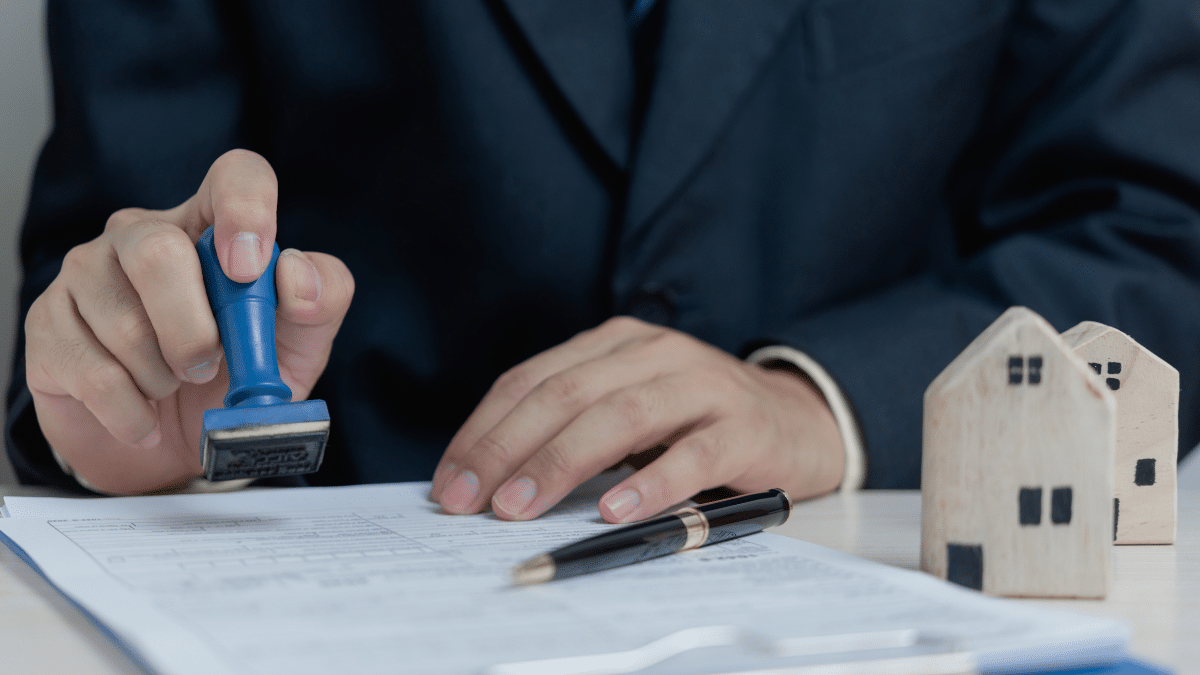
Final Thoughts: Is Debt Consolidation Right for You?
Debt consolidation can simplify, streamline, and even save you money.
But only if it’s done with clear eyes and a long-term mindset.
It’s not a bailout.
It’s a bridge.
One that can take you from chaotic payments to calm control.
So take your time.
Do your research.
Ask the hard questions.
And most importantly — change the habits that got you into debt in the first place.
Because financial freedom isn’t just about math.
It’s about mindset.
And you, friend, are more powerful than your bank balance.
FAQs: Debt Consolidation Loans
-
Will a debt consolidation loan hurt or help my credit score?
In the short term, your score may dip slightly due to the new inquiry. But over time, if you make consistent payments and reduce overall debt, it can boost your credit.
-
Can I consolidate any type of debt?
You can consolidate most unsecured debts — like credit cards, store accounts, and personal loans. Secured debts like car finance or a bond usually aren’t included.
-
What happens if I miss a payment on my consolidation loan?
Missing payments can damage your credit and incur fees or penalties. Always set up automatic debit orders and keep an emergency buffer.
-
How much can I borrow for debt consolidation in South Africa?
It varies by lender, but some banks offer up to R300,000 depending on your credit profile and income.
-
Should I choose debt counselling instead of a consolidation loan?
If you’re behind on payments or can’t afford your current debt load, debt counselling might be a better fit. It’s a formal process that restructures your debt legally.

